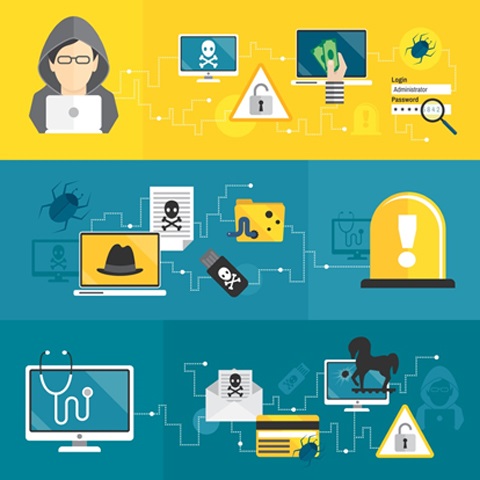SF Medical Products – The Internet

With internet connectivity globally increasing year on year, medical products online are becoming more accessible.
In many countries it is legal to purchase medicines and medical products from properly authorised on-line pharmacies, with a prescription where necessary.
However, tens of thousands of websites are supplying medicines illegally, including SF medical products.
Law Enforcement, Customs and National Medicines Regulatory Authorities undertake a series of initiatives to disrupt and remove illegal websites supplying medical products. What can look like a highly professional website providing quality medical products on your computer screen can be supported by a very different back office which fails to comply with the most basic of International standards of storage and distribution.
The photograph below shows an illegal internet pharmacy website distribution centre, operating from a garden shed, which was supplying consumers all over the world with SF medical products.
Some countries and regions provide a verification service for websites which are properly registered, consumers are advised to carefully check the authenticity of the website where such a service exists
- European Union logo for on line sale of medicines
- US Food and Drug Administration
- US National Association of Boards of Pharmacy
Risks
Studies involving the purchase of medicines from unauthorised on line pharmacies or those concealing their physical address have revealed that the risks of being supplied illegal, unregistered, falsified and substandard medical products are significantly increased and extend beyond health issues.
- There is no guarantee that the product supplied will be that which was originally ordered.
- There is no guarantee of where the product was manufactured or how it was stored.
- There is no guarantee that the supplier is authorised or qualified to dispense medical products.
- There is no guarantee that the medical product is appropriate for you , or may react with other medicines you are taking.
- Your personal data may be misused.
- Your payment card details may be misused.
- Some SPAM email advertising medicines has been found to contain hidden software which will compromise your computer and privacy.


Advice to Consumers
Consumers should be aware of the following
- Do not respond to SPAM email advertising medicines.
- Look for a verification logo or certificate and check it out for authenticity.
- Look for spelling mistakes and poor grammar.
- Beware websites that do not display a physical address or landline.
- Beware websites offering prescription only medicines without a prescription.
- Beware suspiciously low priced products or "2 for 1" offers.
On receipt of medicines that you have purchased on line consumers should check the following
- Have you received exactly the medicine you ordered?
- Is it the correct dosage?
- Is the packaging in good condition, clean, with a patient information leaflet and in the language in which it was advertised?
- Does the medicine look, feel and smell as it should?
- If security seals are present are they intact with no sign of tampering?
- Does any Customs declaration or postal label declare the contents as medicines?
- Does the batch number and expiry date on the primary internal packaging match the batch number and expiry date on the secondary (external) packaging?
If you have any doubts concerning a medical product you have purchased, or have suffered an adverse reaction having used a medical product purchased on line you should seek the advice of a qualified healthcare professional and report the incident to your National Medicines Regulatory Authority as soon as possible.
